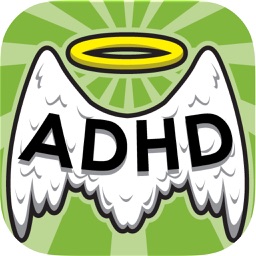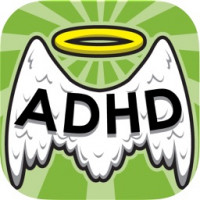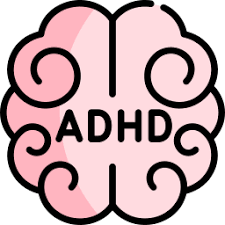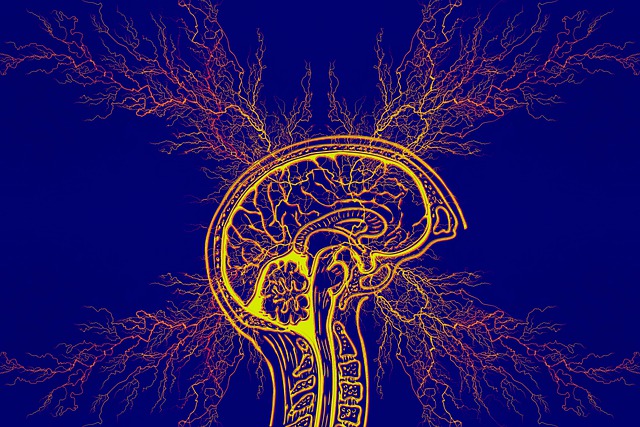ADHD in Children vs. Adults: Key Differences and Similarities

Strong 8k brings an ultra-HD IPTV experience to your living room and your pocket.
Attention-Deficit/Hyperactivity Disorder (ADHD) is a neurodevelopmental disorder characterized by persistent patterns of inattention, hyperactivity, and impulsivity. While ADHD is often diagnosed in childhood, it can continue into adulthood or even be diagnosed for the first time in adults. Understanding the differences and similarities in how ADHD manifests in children versus adults is crucial for effective management and treatment. This article delves into these distinctions and commonalities to shed light on how ADHD impacts individuals across the lifespan.
✍️ Parents who feel overwhelmed by their child’s constant restlessness will benefit from our comprehensive ADHD treatment guide that covers therapies, parenting approaches, and lifestyle adjustments.
Symptoms of ADHD in Children
In children, symptoms of ADHD are typically evident through behavioral issues that can disrupt classroom performance, social interactions, and family dynamics. The core symptoms include:
Inattention:
Children with ADHD may struggle to maintain focus on tasks, follow instructions, and stay organized. This can manifest as forgetfulness, a tendency to lose things, and difficulties completing homework or chores.
Hyperactivity:
A hallmark of childhood ADHD, hyperactivity involves excessive movement and fidgeting. Children may have difficulty sitting still, blurting out answers, or being unable to wait their turn.
Impulsivity:
Impulsive behaviors can be seen in children as difficulty waiting for their turn, interrupting others, and making hasty decisions without considering the consequences. This can lead to difficulties in social settings and academic environments.
These symptoms can lead to academic underachievement, strained relationships with peers and family, and low self-esteem. Teachers and parents often first notice these behaviors, prompting evaluation and diagnosis.
Symptoms of ADHD in Adults
ADHD in adults can be less overt than in children and may present differently. The symptoms evolve, but the core difficulties persist:
Inattention:
Adults with ADHD often experience chronic disorganization, difficulty managing tasks and time, and problems with concentration and memory. This can affect their work performance and daily responsibilities.
Hyperactivity:
While hyperactivity tends to decrease with age, adults might still exhibit restlessness or an inner sense of agitation. They may find it challenging to relax or may engage in activities that are excessively stimulating.
Impulsivity:
Adult impulsivity may manifest as difficulty in making considered decisions, problems with financial management, or challenges in maintaining stable relationships. This can affect career choices and personal life.
ADHD in adults may also be associated with other issues such as anxiety, depression, and substance abuse. Because adults may have developed coping mechanisms or masked symptoms over time, diagnosis can be more complex.
Key Differences Between ADHD in Children and Adults
Manifestation of Hyperactivity:
In children, hyperactivity is often very visible through constant movement and an inability to stay seated. For adults, hyperactivity tends to become less overt and may present as a sense of inner restlessness or a constant need for stimulation.
Attention and Concentration:
Children may struggle with maintaining attention during tasks and following through with assignments. In adults, the challenge often lies in managing multiple tasks and prioritizing responsibilities, leading to issues with organization and time management.
Behavioral Expression:
Children may exhibit impulsive behaviors more visibly, such as interrupting conversations or acting without thinking. Adults might exhibit impulsivity in more subtle ways, like making snap decisions or having difficulty with impulse control in areas like spending or eating.
Developmental Changes:
ADHD symptoms in children often improve with age, though some may continue into adulthood. The nature of symptoms may shift, but the underlying difficulties with attention and impulse control generally persist.
Diagnosis and Awareness:
Children are often diagnosed with ADHD based on observations from parents and teachers, while adults may seek diagnosis due to issues in work and personal life. Adults might have developed compensatory strategies that can obscure the diagnosis.
Key Similarities Between ADHD in Children and Adults
Core Symptoms:
The fundamental symptoms of inattention, hyperactivity, and impulsivity are consistent across ages. While the expression of these symptoms may change, the underlying difficulties with focus, control, and organization remain.
Impact on Life:
ADHD can affect various aspects of life in both children and adults, including academic or work performance, social relationships, and overall quality of life. The challenges posed by ADHD can influence self-esteem and lead to stress or emotional difficulties.
Treatment Approaches:
Both children and adults benefit from a combination of strategies including medication, behavioral therapy, and lifestyle adjustments. The goal is to improve functioning and manage symptoms effectively.
Need for Support:
Individuals with treatment of ADHD at any age benefit from support systems, whether it’s through educational accommodations for children or workplace adjustments and therapy for adults. Understanding and support from family, friends, and colleagues play a critical role in managing ADHD.
Co-occurring Conditions:
ADHD is often accompanied by other mental health issues across the lifespan. Children may experience learning disabilities or anxiety, while adults might face issues such as depression or substance abuse. Addressing these co-occurring conditions is essential for effective management.
Conclusion
ADHD affects individuals across the lifespan, but its presentation and impact can differ between children and adults. While the core symptoms of inattention, hyperactivity, and impulsivity remain consistent, their manifestation and the challenges they create evolve with age. Recognizing these differences and similarities is crucial for tailoring effective interventions and support strategies. Whether through educational support for children or workplace accommodations and therapy for adults, understanding ADHD’s diverse impacts helps in fostering better outcomes for individuals affected by this disorder.
Note: IndiBlogHub features both user-submitted and editorial content. We do not verify third-party contributions. Read our Disclaimer and Privacy Policyfor details.







